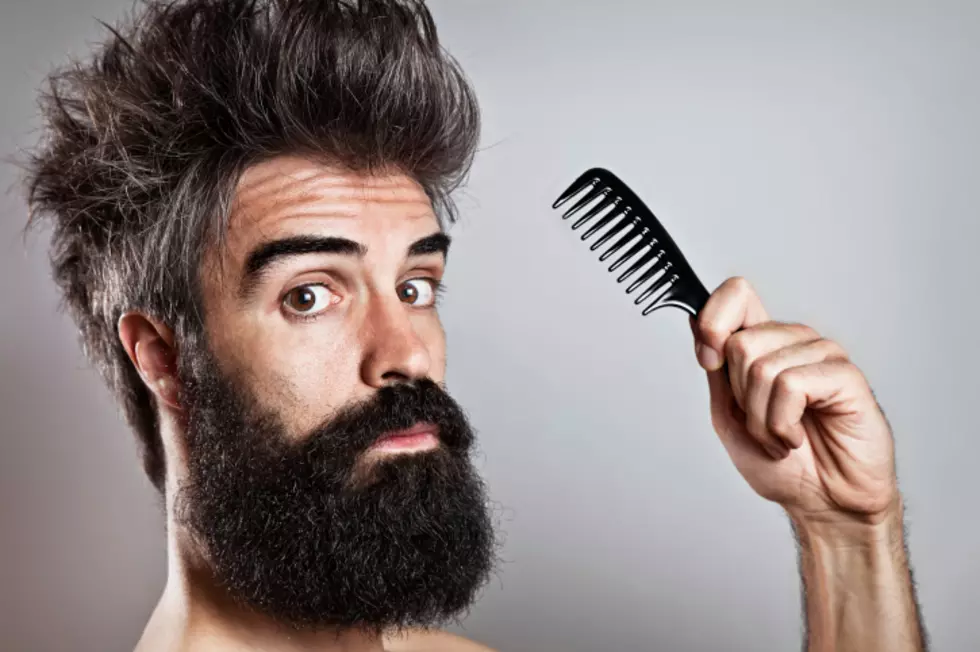
You Will Be Surprised How Long It Can Take to Recover From COVID-19
More Health Tips
While there is nothing really typical about COVID-19 most people who get symptoms of the virus feel better after about two weeks. However, this is not always the case. In more severe cases, it could take six weeks or more to feel better, and hospitalization might be required. In some cases, people have reported lingering effects for months after getting the infection.
According to the CDC, older adults and people who have severe underlying medical conditions, like heart or lung disease or diabetes, may be at risk for developing more serious complications from COVID-19. However, young people and otherwise healthy people have had major complications that have led to death. Researchers are still trying to figure out why that happens to seemingly healthy patients and exactly how long the virus stays alive inside the body. This is known as viral persistence, and it affects how long someone is contagious and therefore how long they should stay in isolation.
“Viral clearance is the disappearance of an infecting virus, either in response to a therapeutic agent or as a result of the body’s immune response,” Charles Bailey, MD, medical director of infection prevention at St. Joseph Hospital and Mission Hospital in Orange County, California, says. “This implies recovery from infection and lack of ongoing contagiousness. On the other hand, viral persistence is the continued presence of a virus, usually within specific types of cells, after the resolution of symptoms of the acute viral infection.”
Though this issue is not common with acute respiratory infections such as COVID-19, research suggests that some people do have persistent COVID-19 infections. One study from China published in Quantitative Imaging in Medicine and Surgery showed that one woman had mild COVID-19 symptoms, which disappeared after 2–3 weeks. However, she retained a positive diagnosis status for over two months.
While contagiousness of Covid-19 is usually insignificant after ten days, those that suffer from viral persistence are advised to quarantine for up to two weeks or more. Of course, social distancing guidelines should still be practiced even after contracting the virus already, as there have also been reported cases of people catching it a second time. Second infections are usually much more severe than the first, so it is important to use proper precautions to make your potential fling with Covid-19, a short one.
However, a study published in the journal Immunity recently found that people who recover from even mild cases of COVID-19 produce antibodies that are believed to protect against infection for at least 5 to 7 months and could last much longer. Now that the vaccine is available, questions remain as to how long the protection will last after getting the two recommended doses. Another question to be answered, should people who already have antibodies still get the vaccine? The CDC is still working on the answers to these questions.
“We conclude that neutralizing antibodies are stably produced for at least 5-7 months after SARS-CoV-2 infection,” the team of researchers, lead by Deepta Bhattacharya, an immunobiologist at the University of Arizona College of Medicine, wrote in their report.
The team has tested nearly 30,000 people in Arizona since they began on April 30, shortly after they developed a blood test for coronavirus. Though the study’s findings are promising, the researchers have not checked to see if any of the people they tested were exposed to the virus again and if the antibodies they produced were sufficient to protect them from reinfection. In her team’s preprint study, in particular, it was shown that this occurs even in people who have mild symptoms. Their study also suggested that immunity could last much longer. Rodda said they found that people who recovered from mild COVID-19 had memory B cells and memory T cells “with hallmarks of functionality.”
Memory cells give our immune system memory of previous microbial invaders, allowing it to have a quicker, stronger response the next time we encounter them. What this means is that if people are reexposed to the virus, these cells, along with antibodies, will likely protect people from symptoms and further transmission. However, the virus is so new, there are many questions still to be answered.
More From SoJO 104.9 FM










